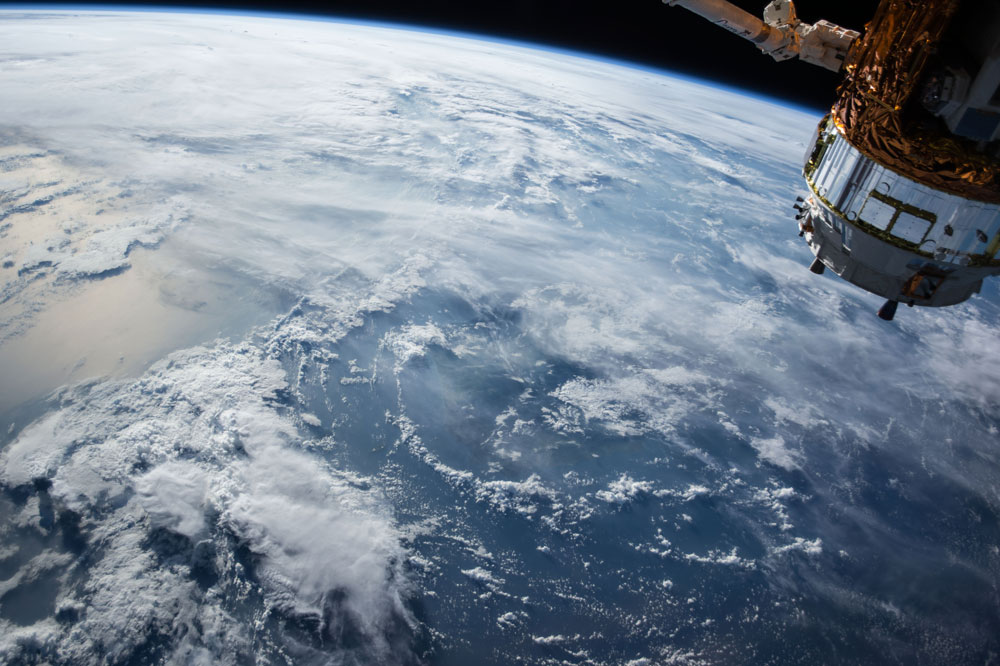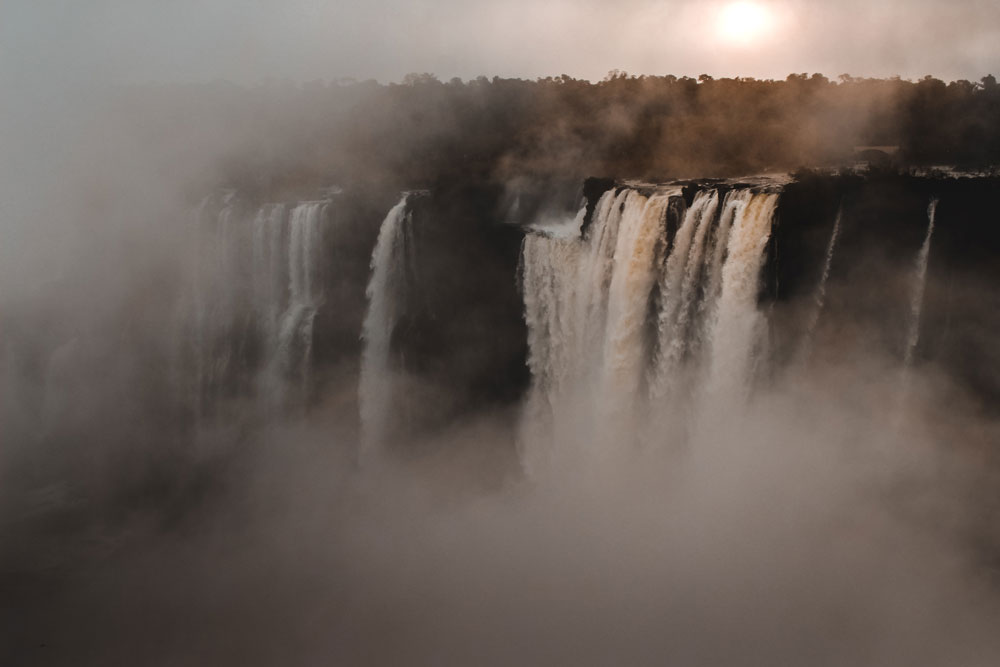Blog
Global war for water: Is this threat real?
Global climate change is largely threatening water supplies and scientists warn of the catastrophic consequences of our carelessness.

Do we have a chance to avoid war for the most valuable substance that we have?
The water war is nothing new to our planet. During different periods mankind had to face the fear of losing one thing without which it can not exist. Even in the past various climate changes have led to water evaporating from some places, but never falling back as rain, so these areas simply lost their water.
On the contrary, evaporated water appeared in completely different places, where the inhabitants were troubled by heavy rains and floods.
Scientists are drawing a wealth of information from the past to better analyze and predict, in particular, what impact our current actions could have on natural water resources. As a result, they are able to better specify the locations and territories where this situation can occur, as well as the time left to avert this disaster.

According to European scientists who are investigating the threat of water war in detail, we still have about 9 to 10 years of time to try to prevent the emergence of conflicts due to water and its supplies.
Pessimistic, but according to some, a completely realistic view of this issue says that we will not succeed.
Why?
The increase in the demographic curve, environmental risks and climate change is not possible to stop and rectify day to day or year to year. We have too little time to bring the people of our planet to "reason" or to change the approved legislative measures in all parts of the world in less than a decade.
Well, in particular, taking a careless and ill-considered approach to our planet over the last 50 years will take us a bit of patience and a lot of time.
Among other things, scientists in their study described the territories where the likelihood of war being created is the highest. Of course, it will most often be border areas between states where water supplies are located, eventually large river basins, water reservoirs and/or lakes.
From the historical as well as the contemporary picture, the researchers have set five areas where conflicts can arise in the future. These are areas and basins of well-known and large rivers - Nile, Ganga, Euphrates-Tigris, Indus and Colorado.

But let's not be mistaken for not being involved because we live somewhere else. States near these rivers will be highly threatened, which can lead to geopolitical conflicts, global terrorism and wars.
The problem with water is therefore not only for some, but for all of us. Every country has its share of guilt at present, larger or smaller.
Finally, the "butterfly effect" is not just a movie and all that we do to our planet in one place - ecological imbalance, climate change, population explosion - is reflected in some other place a few years later, with much worse consequences than we expected.

But surrendering is not human nature. We can help each other, for example, through cross-border cooperation, which applies to all countries, by creating ecological and sustainable solutions, by adequately saving (not only) water in different areas of our lives, by reducing the ecological footprint of each person.
The sooner we start, the sooner we can change the current state to more acceptable, peaceful and thoughtful.
Let us not forget, too, that quality preparetion can help resolve potential conflict with peace agreements, fair negotiations and diplomatic concessions between countries.
After all, we're in it together and we don't have another "Earth" yet.
More articles
Researchers discovered a new bacterium for more efficient and cheaper wastewater treatment
You might think that researchers from National University of Singapore (NUS) spent years on their research. However, the bacterium was found by mere...
